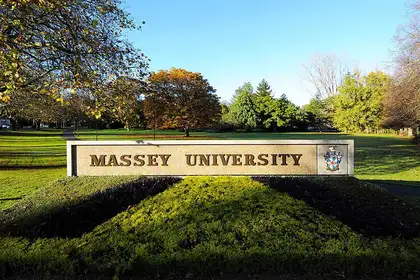
Massey has signed the Aoteroa Sustainability Declaration.
In a bid to further Massey’s commitment to the United Nation’s Sustainable Development Goals (SDG), the university has signed the Aotearoa Sustainability Declaration, alongside 160 other organisations.
The declaration was signed at the recent Aotearoa SDG Summit, which brought together more than 440 people across different sectors who want to make meaningful change towards the United Nation’s 17 Sustainable Development Goals. The summit and workshops were held online this year due to COVID-19, similarly to the Green campus virtual day held earlier this week.
The workshop sessions explored the diverse challenges aligned to the goals, including creating youth-inclusive organisations, embedding Te Tiriti-based principles into climate meetings for New Zealand, and the realities of life for people on a Pacific atoll acclimatising to higher ground.
The declaration commits signatories to abide by fundamentals including Te Tiriti o Waitangi underpinning their actions, collaboration, urgent transformation of economic and social systems to ensure no one is left behind.
Massey’s Director of Sustainability Dr Allanah Ryan says is the university is particularly focused on goal 13: Climate Action.
“Massey’s commitment to the goals can be seen through our Masters of SDGs – a unique qualification in Australasia that is interdisciplinary as well as fostering collaboration between different sectors in society.
“We are working to connect our operations involving energy use, waste, and management of the farms to our strengths as an educational and research institution. Many students undertake projects in their course work that look for solutions to some of Massey’s sustainability challenges.”
She says one example is the work that students undertook as part of their course – 178.719 ‘Climate change, economics and policy’ – where they identified opportunities to reduce emissions from energy, in particular lighting.
The university is committed to be Net Zero Carbon(NZC) by 2030. Being NZC refers to achieving net zero greenhouse gas (GHG) emissions by balancing those emissions generated with an equivalent number of emissions sequestered (for example through trees) or offset through the purchase of third-party carbon credits.
Last year the university also launched the initiative Walking the Sustainability Talk which plans to establish an organisation-wide network of staff and students actively engaged in transforming the way we utilise resources, provide services and embody kaitiakitanga.
You can view the sessions and project showcases here.